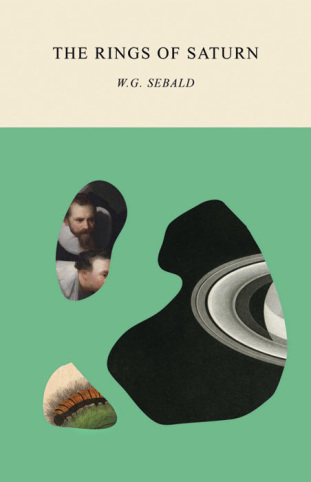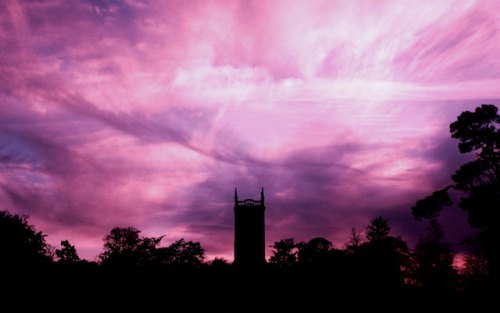 W. G. Sebald takes a walk around southeast England and ponders the inescapable decay of the world. Whether caused by humans, like Belgium ravaging the Congo, or through force of nature, as shown by a medieval town gradually eroding and falling into the sea, or weird fixtures of economics, like yet another defunct English town going down the drain after the fishing industry collapsed. Sebald draws a melancholy line through them all.
W. G. Sebald takes a walk around southeast England and ponders the inescapable decay of the world. Whether caused by humans, like Belgium ravaging the Congo, or through force of nature, as shown by a medieval town gradually eroding and falling into the sea, or weird fixtures of economics, like yet another defunct English town going down the drain after the fishing industry collapsed. Sebald draws a melancholy line through them all.
I love a good book of essays, and while that is not what I expected to find here, that’s what it is. Essays in the true Montaigne-made sense: examining singular topics to give greater insight into humanity as a whole. Rembrandt’s paintings. Portions of Chinese history I never knew of. A biography of Joseph Konrad or a continued adoration of Thomas Browne. Sebald finds trivial reasons to link these and many other topics to his wandering, and dives in it detail, then flutters to a separate topic, going through a nested set of essays several deep, before we return back to England.
In The Happiness Myth, Jennifer Michael Hecht notes that an awe and respect for death is one of the lesser known aspects of achieving happiness. While I wouldn’t be thrilled watching my home or local three hundred year old cathedral plummet into the sea, reading about those unfortunate souls who did, immersing myself in the knowledge that all things must decay, perish, crumble, yes, just like the planetary wreckage that became the real rings of Saturn, eventually leads me to a place of calm serenity.
The same can’t be said for man-made catastrophe. The sheer amount of people slain by greed and madness in the Congo is incomprehensible. Literally worked to death. Lost to history. That just leads me to despair.
Advertisements Share this:





